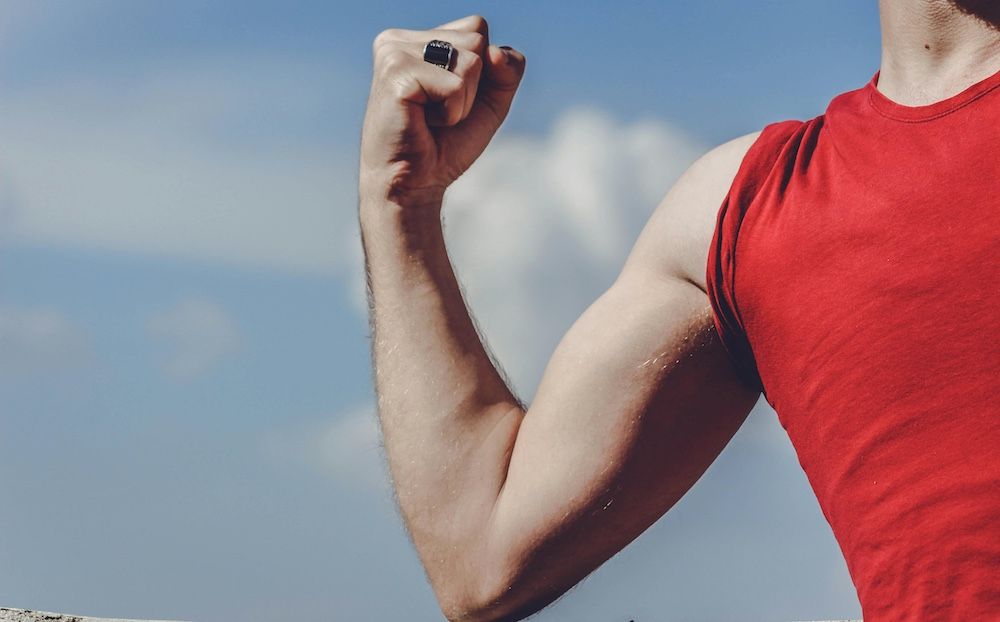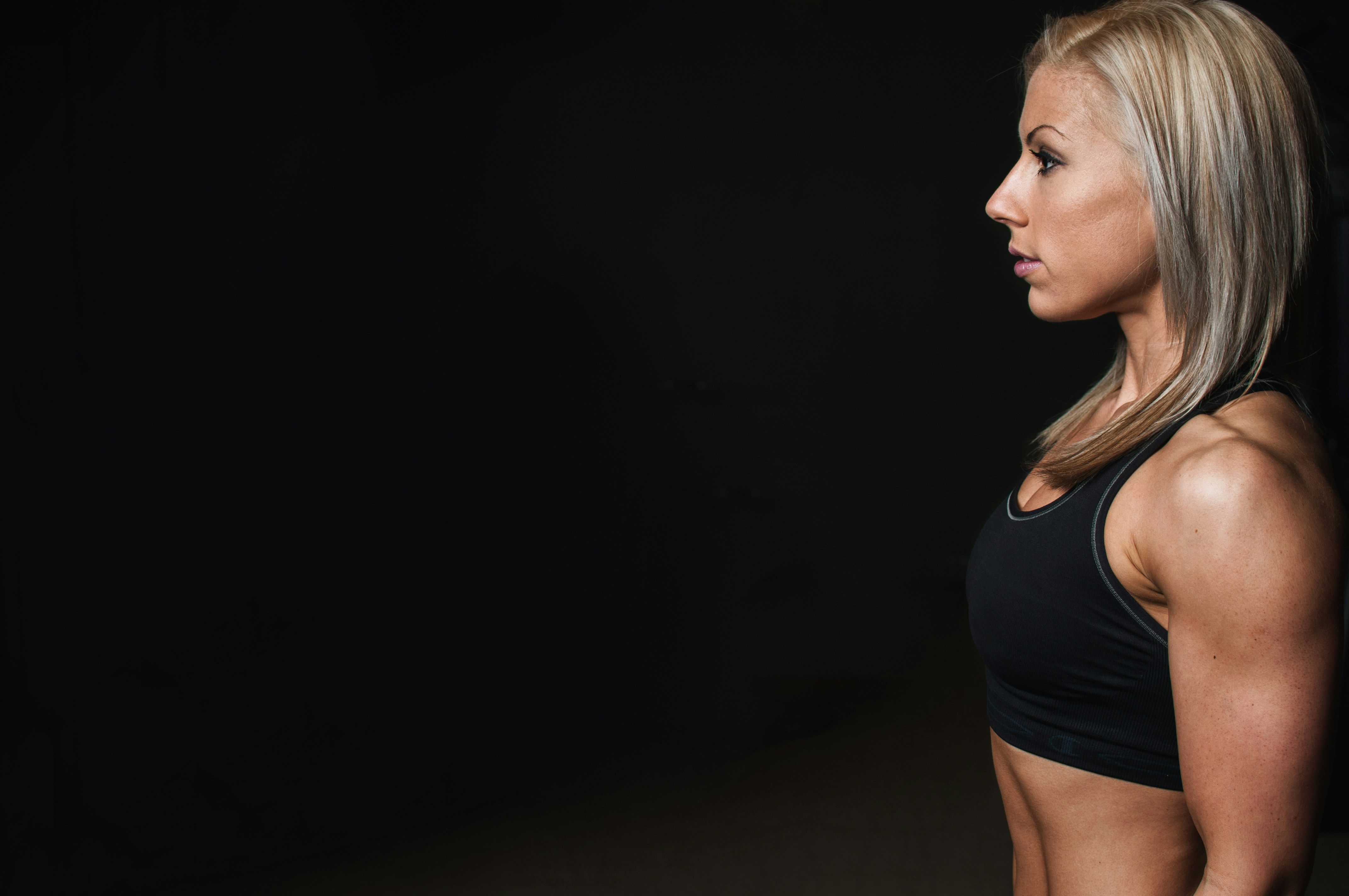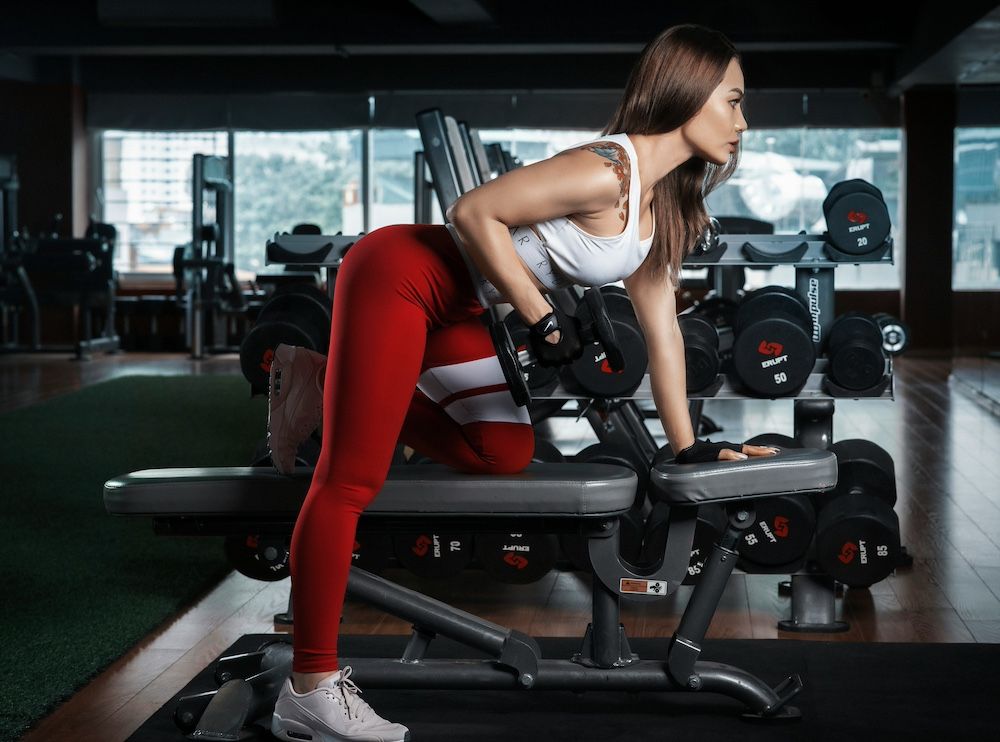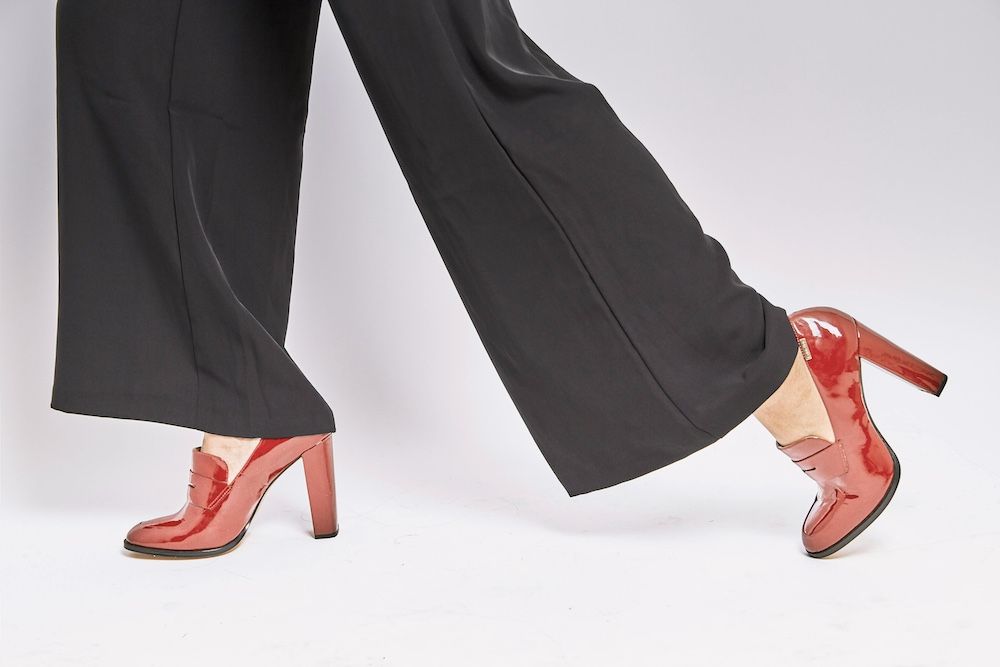Muscles in the human body play a variety of vital roles, ensuring that the body can perform daily activities, maintain posture, carry out motor functions, and participate in physiological processes. The main functions of muscles include facilitating movement, maintaining posture, controlling internal organs, pumping blood in the heart, generating heat, protecting internal organs, and aiding in respiration.
First and foremost, muscles are most commonly known for their role in facilitating movement. Skeletal muscles, which are attached to bones, help the body perform various movements, such as walking, running, and lifting. When muscles contract, they pull on the bones, causing joint movement and producing the desired action. The coordination of muscles enables us to perform complex actions while also precisely controlling small, delicate movements.
In addition to movement, muscles also help maintain body posture and provide stability. Even when the body is at rest, skeletal muscles contract slightly to maintain balance and stability. The muscles in the back and abdomen are particularly important in supporting the spine, helping us maintain an upright posture when standing, and providing necessary support when sitting or bending.
Beyond external movement, muscles also control the internal organs. Smooth muscles, which are primarily found in the gastrointestinal tract, blood vessels, and respiratory pathways, regulate the functions of these organs. They help propel food through the digestive system, control the contraction of the airways, and regulate blood flow, among other vital physiological processes. The contraction and relaxation of smooth muscles are crucial to maintaining normal bodily functions.
The pumping of blood by the heart relies on cardiac muscle, a specialized type of muscle found only in the heart. Cardiac muscle contracts to pump blood, ensuring continuous circulation throughout the body, delivering oxygen and nutrients to organs and tissues, and removing waste products. Without the proper function of the cardiac muscle, blood circulation would cease, and the body’s systems would fail.
Muscles also generate heat through movement, playing a key role in temperature regulation. As muscles contract, especially skeletal muscles, they produce heat, which is essential for maintaining body temperature. When the body is cold, muscles involuntarily shiver (such as when you feel cold), generating additional heat to help counteract the chill.
Moreover, muscles help protect internal organs. The muscles in the abdomen and chest create a protective barrier around vital organs, preventing external pressures or impacts from causing damage. For example, abdominal muscles protect the liver, kidneys, and other important organs, while chest muscles shield the heart and lungs.
Finally, muscles are involved in respiration. The diaphragm, the primary muscle of respiration, is located between the chest and abdominal cavities and is responsible for expanding and contracting the lungs. During inhalation, the diaphragm contracts, expanding the chest cavity and drawing air into the lungs; during exhalation, the diaphragm relaxes, allowing air to be expelled.
In summary, muscles play multiple essential roles in the human body, encompassing movement, posture control, internal organ regulation, temperature maintenance, and more. Through their complex coordination, muscles ensure that our daily activities and physiological functions proceed smoothly.





